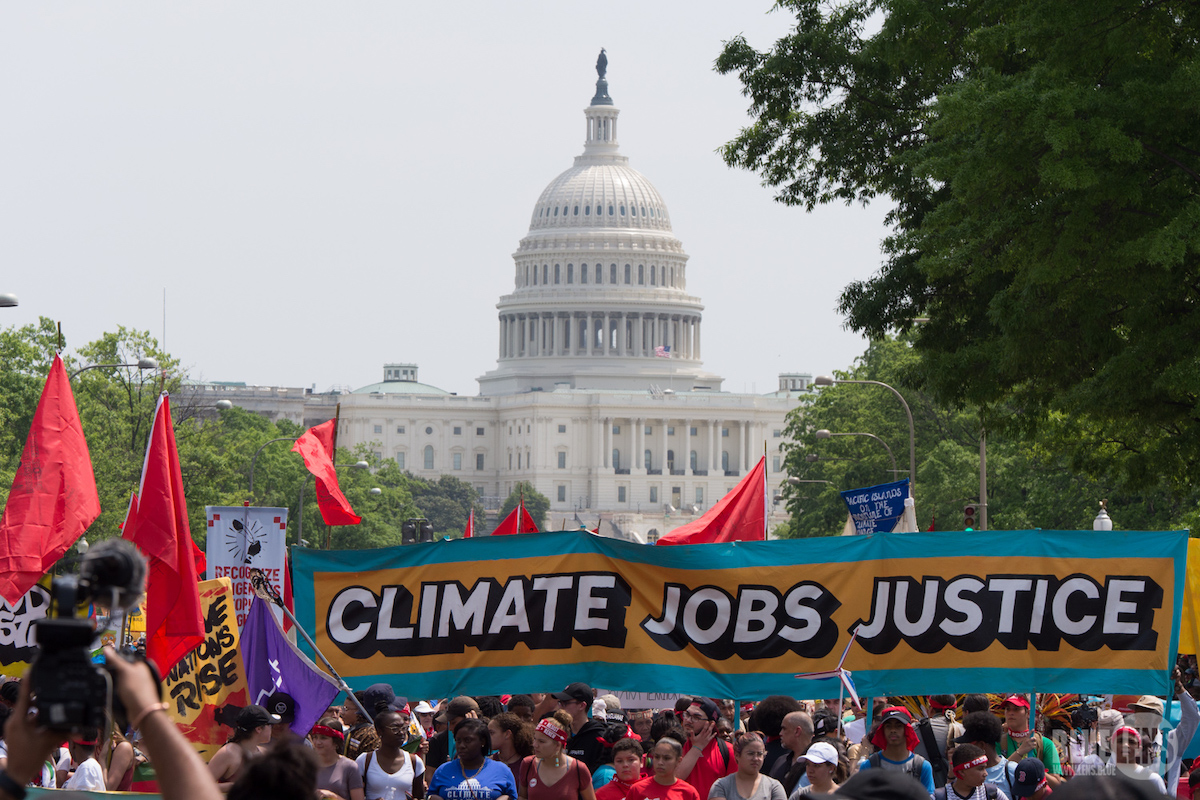By Edward Vargas
Latino voters indicate that the President and Congress should reinstate and enforce regulations that existed prior to the COVID-19 pandemic and create clean jobs and green infrastructure to jump start the economy.
On the eve of the 2020 presidential election, we asked Latino voters (n=5,300) across the country and in the key states of AZ, CA, CO, FL, GA, MI, NC, NV, PA, TX, WI about their environmental preferences. While much of the attention leading up to the election has been focused on managing the coronavirus pandemic, like all voters in the electorate, Latino voters are paying attention to a wide variety of issues, especially the environment. The findings from a poll conducted by Latino Decisions and the Environmental Defense Action Fund, finds that it is “very” and “extremely” important for the new President and Congress to take steps to protect families from water (91%) and air contamination (87%).
This comes at a time when over 1.1 million Americans are water insecure and Latinos and communities of color are much more likely to live near polluters and breathe polluted air which is ultimately leading to negative health outcomes. Unlike traditional demographic indicators that predict support for environmental policy among White Americans, Latinos are distinct in that regardless of partisanship differences both Democrats and Republicans support addressing water and air pollution and its lower income Latinos and Latinos with a High School/GED who are most likely to report the need to address pollution.
As suggested by President Elect Joe Biden’s environmental plan, “our environment and our economy are completely and totally connected”. When we asked Latinos about how to best jumpstart the economy, we find that over 84% of Latinos view long-term investments in green infrastructure and clean jobs as very and extremely important for Congress to prioritize. In fact, Latinos who have lost their job due to the Coronavirus pandemic and those who make under $50,000 a year are more likely to support investments in clean jobs. This coming at a time that nearly half (45%) of Hispanic families across the country have only $1,000 or less in savings for financial emergencies, and fully 20% with an astonishing $100 or less.


Given the saliency of the pandemic we also asked respondents, if the new President and Congress should reinstate and enforce regulations that existed prior to the Covid-19 pandemic or if we should continue loosening rules and regulations that protect the environment. The findings overwhelmingly support the statement that the US should reinstate and enforce regulations that protect the environment (87%).


This finding was especially true for Latinas, urban dwellers, Spanish speakers, and younger voters.
For nearly all Latino voters across these key states, there is a strong belief that the federal government should play a role in addressing water and air pollution while focusing on growing our clean energy economy. Further, Latinos are strong supporters of investing in clean energy. By any measure, polling data from Latino Decisions clearly finds Latino voters across the nation to be very strong supporters of long-term investments in green jobs to jumpstart the economy and protecting the environment by reinstating regulations loosened by the Trump administration. As President-Elect Joe Biden works to undue Trumps executive orders during his first 100 days, Latinos will support rejoining the Paris Agreement and support environmental policies that directly impact their lives.
Study Methodology:
National sample N=5,300, 11 state samples (n=400 each, MOE +/- 4.9%) (AZ, CA, CO, FL, GA, MI, NC, NV, PA, TX, WI) and n=500 national (MOE +/- 1.4%). Completed interviews by landline, cell and on-line with Latino registered voters in English and Spanish at respondent’s discretion; from October 23 – November 2, 2020. Voters were identified from the voter file based on their registration date and vote history. Respondents were questioned whether they had already voted, or were certain to vote in the election. Any voter was included in the sample frame if one of these conditions applied and then weighted to match census demographics.



